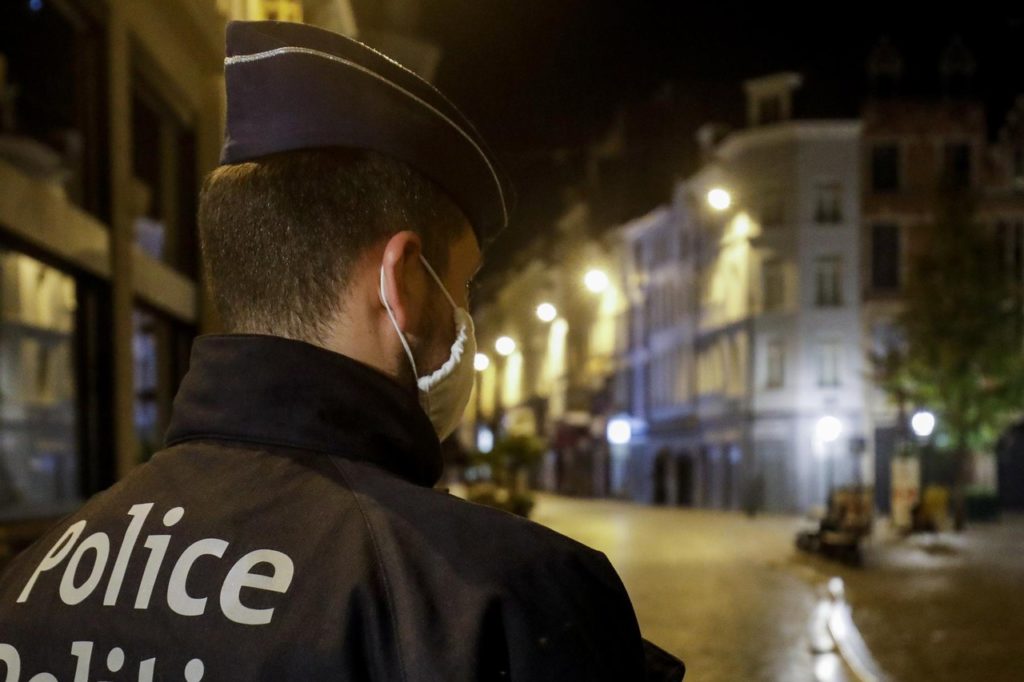The curfew and the non-essential travel ban imposed by the Belgian government are resulting in the systematic ignoring of constitutional freedoms that are meant to protect citizens, according to a constitutional law professor.
Pressure has further mounted against the government regarding these coronavirus fighting measures after both were extended during Friday’s Consultative Committee.
“Even when fighting a pandemic, the constitutional freedom rules must be respected. The government should instead be looking for alternatives to those measures that are in conflict with the constitution,” Professor of constitutional law Hendrik Vuye (University of Namur) told De Tijd.
He added: “I am sorry to say, but the Council of State is not playing its role. Instead of controlling the government, it is simply an extension of the Ministry of the Interior.”
Related News
- Flemish coastal bars could reopen with no customers allowed
- European Commission 'surprised' by extension of Belgium's travel ban
The curfew, from 10:00 PM until 6:00 in Brussels, and between midnight and 5:00 AM in Flanders and Wallonia, prevents certain freedoms which are written in the Constitution, such as the freedoms of worship and association, making these preventative measures constitutionally difficult.
Fundamental rights can only be restricted when it is necessary for a democracy, Vuye explained. In the case of imposing a curfew to avoid corona parties, for example, "this can also be prevented with a ban on gathering, which is a less far-reaching intervention."
Under the Belgian Constitution, it is stated that its rules cannot be suspended either in whole or in part, resulting in politicians, including MR president Georges-Louis Bouchez and minister-president of Flanders Jan Jambon saying it is a fundamental restriction of freedoms.
Meanwhile, the Flemish right-wing N-VA party submitted a bill to abolish the measure, emphasising the fact that there was no parliamentary debate about it and its extension.
Freedom of movement
When first imposed in January, the non-essential travel ban was expected to prohibit all travel in and out of the country for a “recreational or touristic purpose” until March, but this has been extended until 18 April, the end of the Easter holidays.
This travel ban was criticised by the European Commission, which gave Belgium ten days to justify it, to which the federal government responded saying Belgium’s current ban on non-essential travel is proportionate and will remain in place.
Several politicians, including Justice Commissioner Didier Reynders, have argued that this measure too imposes on fundamental rights, mainly the freedom of movement.
Vuye also highlighted that, normally, the government cannot deny people access to their property, adding that “the regulations should at least be adjusted so that people with a second residence can go there.”
In the meantime, Belgium’s core cabinet of ministers approved the preliminary draft of the so-called pandemic law.
“Fighting a pandemic often requires far-reaching measures,” Prime Minister Alexander De Croo said in a press release, stressing that the democratic basis for them has to be as strong as possible.
Lauren Walker
The Brussels Times

